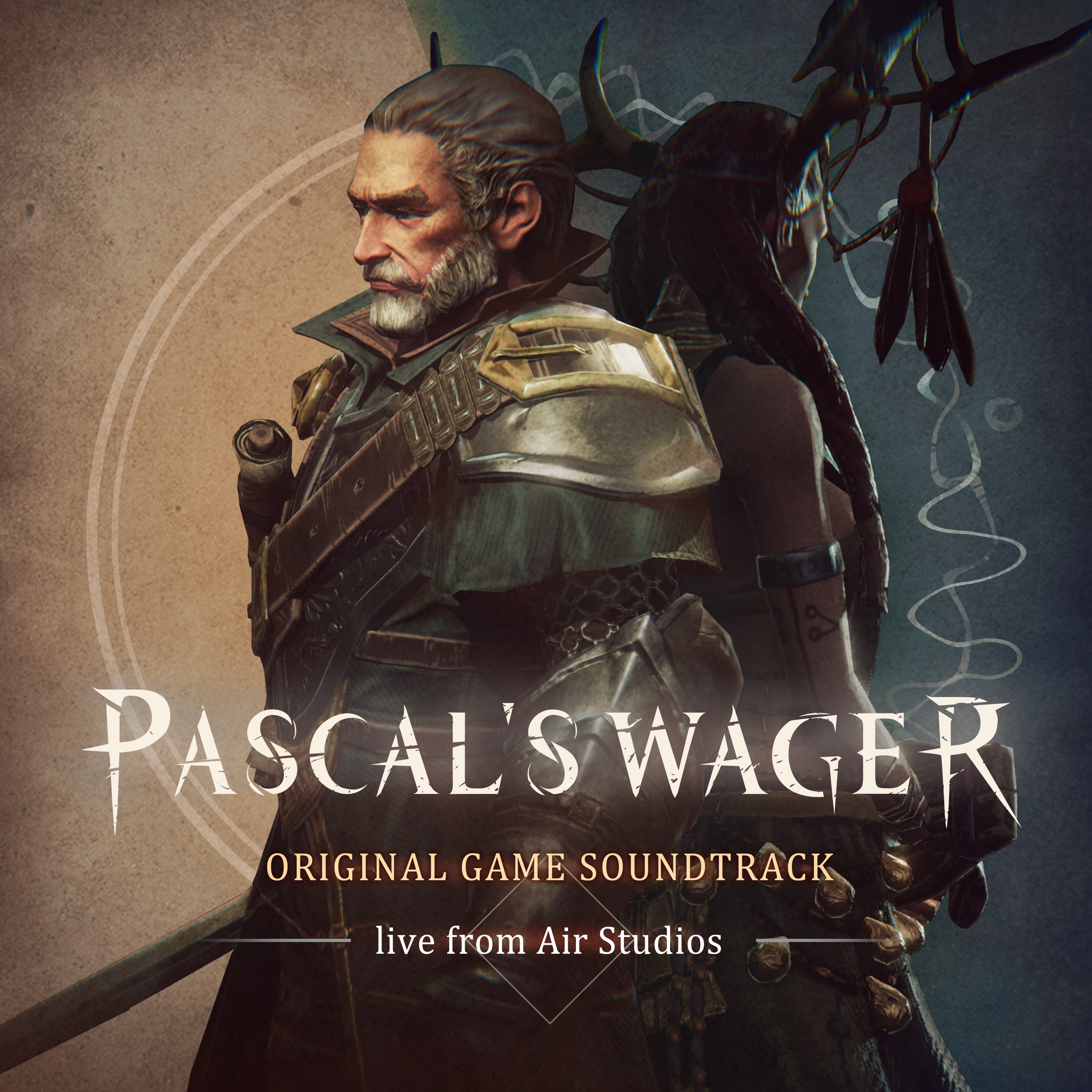
So definitely don’t spend all your hard-earned items on one character alone.Īside from equipable items and stats, each character plays differently. However, the upgradable skill tree is unique and requires materials to increase those skills. You don’t have to worry about leveling up one character or another and miss out on future characters or have to grind to make them powerful. Another nice aspect of this system is that the artifacts and levels are shared between the characters. As you increase your character’s level, you also get a stat point to allocate to one of the six base stats, such as Strength, Vigor, and Dexterity. You are not able to change their weapons or armor, but you can customize the skill tree and equipable artifacts that change their character stats. In terms of characters and customization, you are playing preset characters. These different areas are well designed and varied enough to keep you engaged throughout the adventure. You can find other side quests in these secondary sections of the ruins and swamps that make up this world.

Several hidden paths and alternative routes fill the landscape exploring these will lead to additional loot and lore-filled documents. The progression is exactly what you have come to expect from this genre.Īs you unlock the following areas of the games, they also grow in size and depth. You will come across locked doors, inaccessible ladders, and elevators that you eventually will unlock to make later areas in the level easily accessible after you die.

You collect enemy bones and use those bones to buy items and level up. The first area you visit is pretty linear and quick to explore but gives you a general idea of how the game flow works. There is certainly a lot of heart here.Īs you progress through the game, you unlock new areas to explore, and these are different zones much like Demon’s Souls, although not nearly as expansive. While playing, I was constantly taking screenshots of the characters, bosses, and environments. The characters are designed in really stylish ways, and the game itself oozes the aesthetic. It reminds me a lot of Bloodborne’s Gothic/Cosmic Horror style. The thing I liked most about Pascal’s Wager was its environment and design. I enjoyed this aspect of Pascal’s Wager as each character is different and you don’t feel locked down as you progress. Along with the main character, you can also select a secondary character to play within each level. She seemingly is behind a strange set of occurrences that involve people losing their minds, weird monsters appearing throughout the lands, and ritualistic experiences that change the world as they know it. The story follows a central character named Terrance, who, with a few companions’ help, is searching for his wife, Teresa.
While there is quite a bit to love about Pascal’s Wager, a few things hold it back from reaching righteousness. This port includes the released DLC of Tides of Oblivion, providing additional skins, a character, and a new area. He argues that wagerers do not have to consider every logically possible scenario, and can instead limit their decision matrices to only those options which they regard as “live hypotheses.Pascal’s Wager is a new release of a port on the Nintendo Switch of a Mobile Soulslite game that was released in 2020. Jordan then applies these principles to Pascal’s Wager, using them as part of a defense against the Many Gods Objection. In particular, he challenges Clifford’s view that beliefs ought only be adopted based upon their evidential support, as well as the “Agnostic Rule” which maintains that we ought to withhold belief whenever the evidence is insufficient. Clifford and what Jamesian principles are available to subdue these objections. While these are both pragmatic arguments, the Wager, Jordan emphasizes, is a special case as it is not merely an argument for one particular action or belief among many, but is rather directed to what one will choose as the object of their “ultimate concern.” Jordan then considers the objections to pragmatic belief raised by W. In chapter 5, Jeff Jordan begins with an examination of the differences between Pascal’s Wager and William James’ “Will to Believe” argument.


 0 kommentar(er)
0 kommentar(er)
